30 Years of Progress in Animal Rights Advocacy: A Look Back and Ahead
Thirty years ago this week, Tracks’ founder Gemunu de Silva had the privilege of directing a thought-provoking documentary for Channel 4, titled "Animal Acts." This documentary took a deep dive into the challenges faced by early animal rights activists, shedding light on how laws were used to suppress their voices and the establishment's perception of them as mavericks, loonies, or even terrorists.
"Animal Acts" delved deep into the legal struggles of animal rights activists, showcasing the misuse of laws such as conspiracy, libel, and public order to stifle their advocacy. The program revealed the existence of the Animal Rights National Index (ARNI), a police database tracking 21,000 individuals suspected of involvement in animal rights campaigns.
One striking aspect of the documentary was the exploration of conspiracy laws that resulted in substantial prison sentences for many animal rights campaigners, even including the co-director of the film. Renowned barristers like Ian McDonald, who had previously campaigned against the politicized use of conspiracy laws, were interviewed. The program shed light on how these laws were wielded by the establishment.
"Animal Acts" also delved into the impact of libel laws, highlighting how labelling a specific fur farm as "a hellhole" in a small publication led to the downfall of Lynx, the largest international anti-fur organization at the time. Local newspaper contributors speaking out against fox hunting were threatened with libel prosecutions.
Furthermore, the documentary explored how the Public Order Act was employed against a Vegetarian Society poster, deeming it to cause "alarm, harassment, or distress." It featured interviews with investigators who had experienced early morning police raids and intimidation while working in animal labs.
Today, the landscape of animal rights activism has evolved significantly. The movement is no longer on the fringes but is moving into the mainstream. Fortunately, long prison sentences are no longer routinely imposed on campaigners, and activists can publish investigative images without the constant fear of police intervention.
Nonetheless, the rise of AgGag legislation on an international scale remains a cause for concern. It's a stark reminder that the fight for animal rights is far from over. We must never become complacent in our efforts to ensure that the voices of those advocating for animals are heard and that the ethical treatment of animals continues to be a priority.
While the world has seen positive changes in the last 30 years, the struggles that "Animal Acts" illuminated are a reminder that the mission to protect animal rights requires ongoing commitment and vigilance. Together, we can work towards a future where animals are treated with respect and compassion, and those who speak up for them are not hindered by unjust laws.

